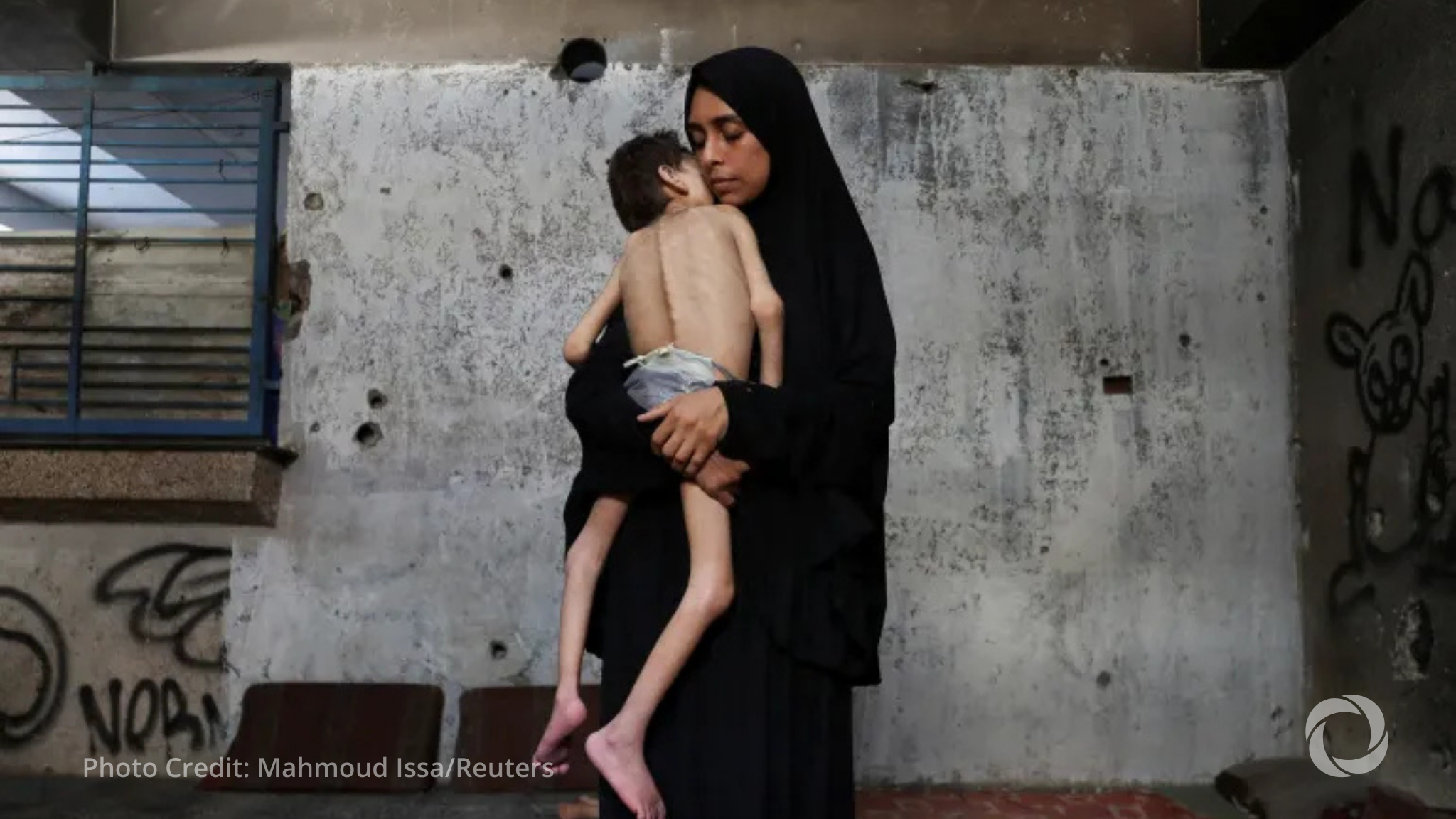Famine in Gaza has moved from a warning to a harsh reality, especially for pregnant and breastfeeding women and their babies. Hunger leaves mothers weak and malnourished, making childbirth riskier and often leading to infants being born too small or too early to survive. Many mothers can’t breastfeed because they are starving, and some face the heartbreaking choice of which child to feed.
More than 40 percent of pregnant and breastfeeding women in Gaza are severely malnourished, with numbers expected to rise. This has led to one in five babies being born premature or underweight, and one in seven newborns needing urgent care.
The effects won’t end with childhood. Kids who survive may have lasting problems like stunted growth, delayed development, weaker immune systems, and a higher risk of long-term illnesses. Today’s famine will affect Palestinians for years to come.
United Nations Population Fund (UNFPA) and partners are doing what they can—supporting midwives, sending mobile maternity units, and delivering medicines and safe birthing supplies—when their aid gets through. But attacks on health facilities and ongoing violence against civilians and health workers often get in the way.
Hospitals hit by bombs, blockades stopping food and medicine, and the danger women face seeking care all make it harder for aid workers to save lives. The UN has warned about famine risks for months. This crisis could have been prevented.

